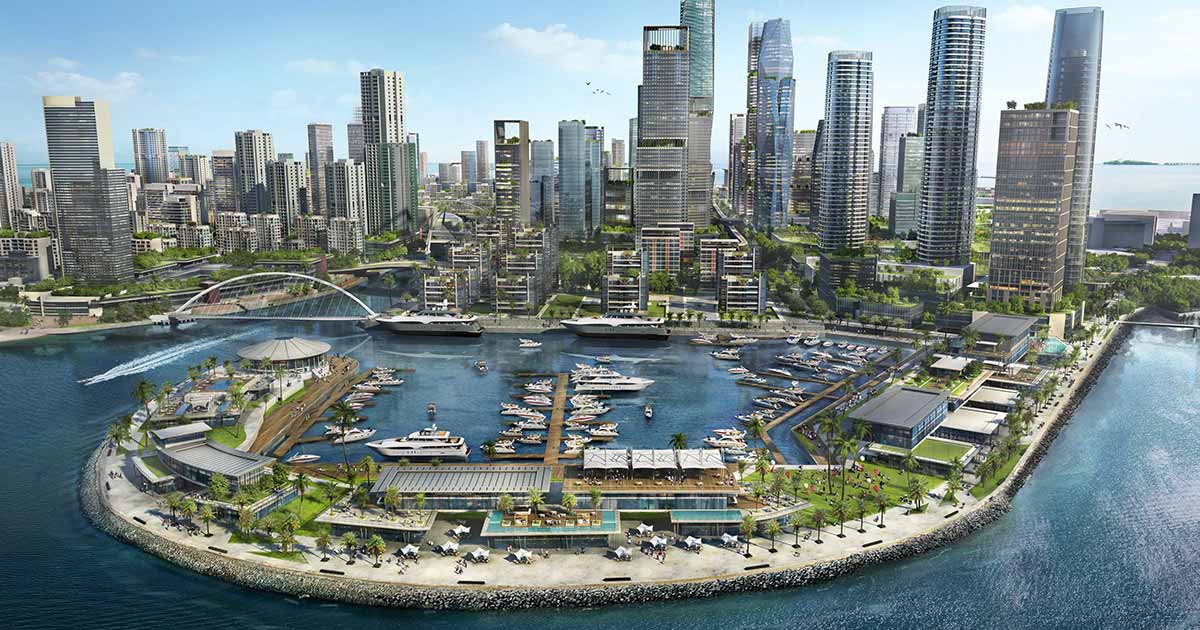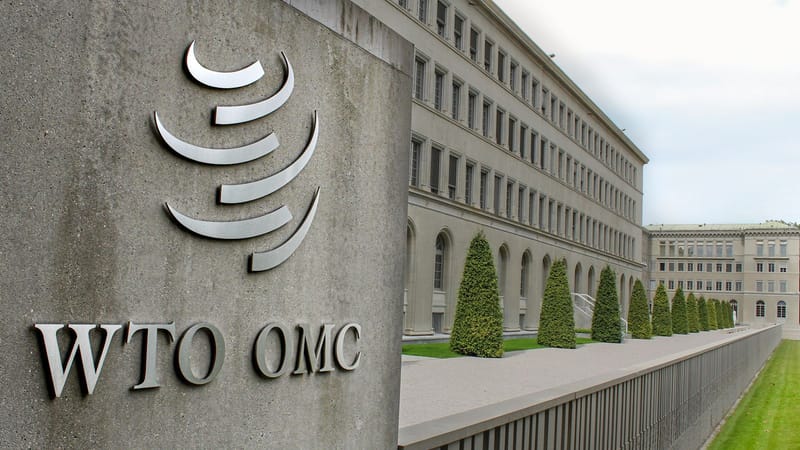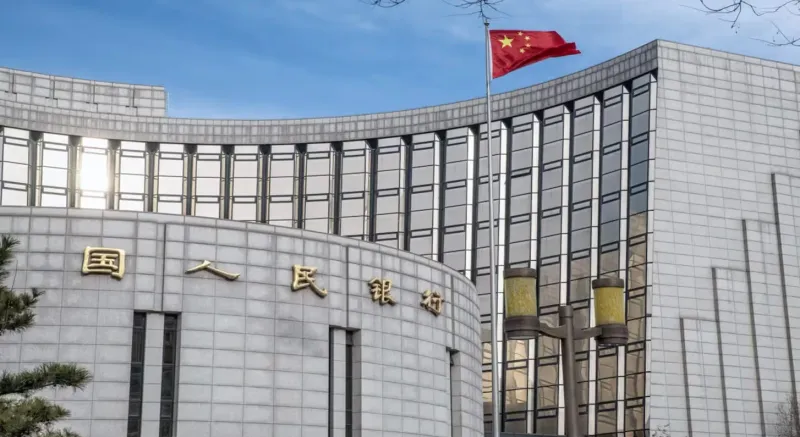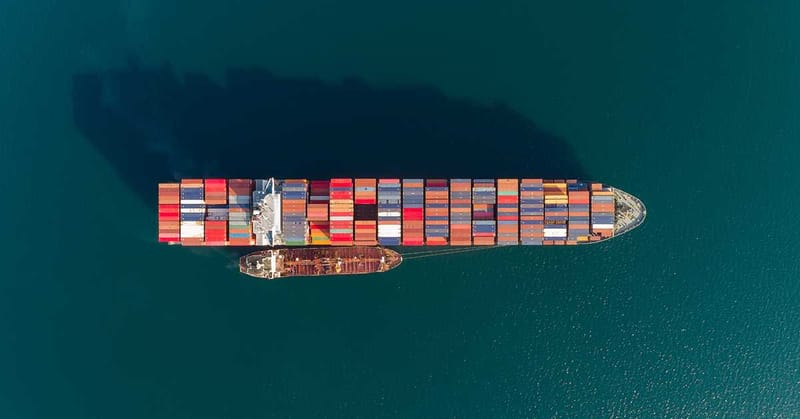Colombo Port City: The High-Stakes Gamble to Become South Asia's Offshore Banking Hub
As Sri Lanka opens its doors to global finance, the new offshore banking hub promises to transform Colombo into a financial powerhouse. But will this gamble pay off?
Sri Lanka is betting big on its future by transforming the Colombo Port City into an offshore banking haven. With new regulations passed on September 4, 2024, the government is positioning this $1.4 billion project, funded under China’s Belt and Road Initiative (BRI), as the next great financial hub in South Asia. But will this audacious plan deliver on its promise, or will it plunge the country into deeper financial and geopolitical entanglements?
A Visionary Ambition or a Risky Gamble?
Colombo Port City, constructed on 269 hectares of reclaimed land from the Indian Ocean, is being molded into a Special Economic Zone (SEZ) to attract global banks and financial institutions. Managed by CHEC Port City Colombo Pvt. Ltd, a subsidiary of China Harbor Engineering Corporation, the city has been leased to China for 99 years. This arrangement makes it an integral part of Beijing's alleged 'String of Pearls' strategy, a network of Chinese commercial and military installations in the Indian Ocean. (China rejects this characterization, insisting that its investments are focused on promoting trade, connectivity, and regional development.)
With the introduction of offshore banking regulations, Colombo Port City aims to offer a range of financial freedoms — from transacting in multiple foreign currencies to engaging in sophisticated financial products like stock trading and fund management. The Sri Lankan government hopes these benefits will lure international banks and investors, transforming the island into a regional financial powerhouse, much like Dubai or Singapore.
Yet, this vision has raised critical questions: Will Sri Lanka become a beacon of financial innovation, or merely a convenient outpost in China's expanding geopolitical playbook?
The Promise of Economic Growth
At its core, the offshore banking initiative is designed to infuse fresh capital into Sri Lanka’s struggling economy. A PwC analysis estimates that the Port City could generate up to $9 billion annually in economic value, substantially bolstering the country's GDP and foreign reserves. The project is also projected to create over 100,000 direct jobs in financial services, tourism, retail, and leisure, while establishing Colombo as a premier destination for international businesses.
By granting unprecedented freedoms to international banks to operate with minimal constraints, the offshore banking model aims to create a "circular financial economy" within the Port City. This concept relies on the continuous flow of foreign capital, which could help stabilize Sri Lanka's foreign exchange reserves, a critical concern for a country grappling with debt and liquidity issues.
The Geopolitical Tightrope
But the bold move comes with high stakes. As Sri Lanka opens its doors to international finance, it also opens itself up to deeper geopolitical influences. The 99-year lease granted to a Chinese state-owned enterprise has sparked fears of a repeat of the Hambantota Port debacle, where Sri Lanka ceded a strategic port to China due to an inability to service its debt. The Colombo Port City’s unique governance structure — with its special commission operating independently from the rest of the country’s regulatory framework — has led to concerns about a "state within a state," potentially eroding Sri Lankan sovereignty.
India, which has long viewed China's expanding presence in the Indian Ocean with suspicion, is watching developments closely. For New Delhi, the Colombo Port City is more than an economic experiment — it is a strategic pivot that could alter the balance of power in South Asia. Meanwhile, Sri Lanka finds itself in a delicate balancing act, seeking to benefit from Chinese investment while managing its relations with neighboring India and other global players.
Lessons from Global Financial Hubs
Sri Lanka is not the first country to try its hand at becoming a financial hub. Offshore financial centers like Dubai International Financial Centre (DIFC) and Singapore have thrived by offering a mix of attractive tax regimes, robust regulatory frameworks, and strategic geographic positioning. They have built their reputations on transparency, regulatory compliance, and strict anti-money laundering (AML) standards.
In contrast, other offshore centers, like the Cayman Islands, have faced international criticism and scrutiny for lax regulatory oversight, underscoring the reputational risks associated with these financial models. For Colombo to succeed, it must find a balance — offering sufficient incentives to attract global capital while ensuring compliance with international regulatory standards to maintain credibility and trust.
The Dark Side of Offshore Banking
The introduction of offshore banking also brings risks that could undermine Sri Lanka’s financial integrity. Critics warn that offshore financial centers often become hotbeds for money laundering, tax evasion, and regulatory arbitrage. Without stringent safeguards aligned with global standards, Colombo Port City could face international sanctions or blacklisting, which would jeopardize its ambitions and damage its reputation.
Moreover, there are concerns about the potential economic disparities that this initiative could create. With most investment concentrated in the Port City, there is a risk of widening the wealth gap within Sri Lanka, leaving other regions underdeveloped and exacerbating social inequalities.
What Lies Ahead?
The success of Colombo Port City as an offshore banking hub hinges on several critical factors. Sri Lanka must navigate complex geopolitical waters, balancing its relationships with China, India, and other global powers. It must also craft a regulatory framework that is both attractive to investors and robust enough to prevent abuse.
Above all, Sri Lanka must prove to the world that it can leverage this high-risk, high-reward opportunity to establish itself as a credible player in the international financial landscape. This will require not just policy innovation, but also strategic foresight and an unwavering commitment to good governance and transparency.







